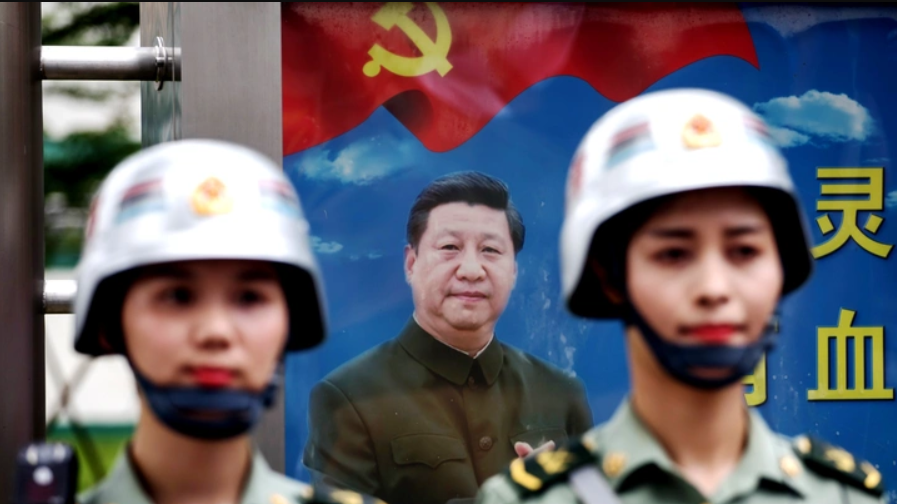Welcome to DU!
The truly grassroots left-of-center political community where regular people, not algorithms, drive the discussions and set the standards.
Join the community:
Create a free account
Support DU (and get rid of ads!):
Become a Star Member
Latest Breaking News
Editorials & Other Articles
General Discussion
The DU Lounge
All Forums
Issue Forums
Culture Forums
Alliance Forums
Region Forums
Support Forums
Help & Search
General Discussion
Showing Original Post only (View all)The End of Hong Kong [View all]
China has moved to take away the city’s autonomy, one of several aggressive actions by Beijing across the region.https://www.theatlantic.com/international/archive/2020/05/china-hong-kong-pandemic-autonomy-law-aggression/611983/

Over the course of April and throughout May, while much of the world’s attention was trained on the coronavirus’s spiraling death toll, hardly a day passed in Hong Kong without news of arrested activists, scuffles among lawmakers, or bombastic proclamations from mainland officials. Long-standing norms were done away with at dizzying speed.
In that time, Beijing was undertaking aggressive actions across Asia. A Chinese ship rammed a Vietnamese vessel in the contested waters of the South China Sea, sinking it. Off the coast of Malaysia, in the country’s exclusive economic zone, a Chinese research vessel, accompanied by coast-guard and fishing ships—likely part of China’s maritime militia, civilian vessels marshaled by Beijing in times of need—began survey work near a Malaysian oil rig. The standoff that followed drew warships from the United States and Australia, as well as China. Beijing then declared that it had created two administrative units on islands in the South China Sea that are also claimed by Vietnam. Chinese officials have reacted, too, with predictable rage to Taiwan, whose handling of the pandemic has won plaudits and begun a push for more international recognition.
The moves were capped this week when China’s National People’s Congress announced that it would force wide-ranging national-security laws on Hong Kong in response to last year’s prodemocracy protests. In doing so, Beijing circumvented the city’s autonomous legislative process and began dismantling the “one country, two systems” framework under which Hong Kong is governed, setting up what will likely be a fundamental shift in the territory’s freedoms, its laws, and how it is recognized internationally. The announcement late Thursday evening stunned prodemocracy lawmakers, diplomats, and many of the city’s 7.4 million residents, who awoke Friday questioning Hong Kong’s future. The stock market plunged, interest in VPNs shot up, and Hong Kongers wondered whether 2047, the year in which China was set to take back full control of the city, had arrived more than two decades early. “I’m heartbroken,” Tanya Chan, the convener of the prodemocracy camp in the city’s legislature, told me. “Last night was a complete setback.”
Though much of the world has come to a standstill as a result of the pandemic, China’s regional ambitions and grudge settling clearly have not. Beijing has offered provocations—with a dash of propaganda and medical diplomacy—pushing forward its agenda despite the unfolding public-health crisis. “This is business as usual—in the South China Sea, towards Taiwan—it’s all the same,” Greg Poling, a senior fellow with the Southeast Asia program at the Center for Strategic and International Studies in Washington, D.C., told me. “Business as usual during a pandemic that people partially blame on you—it is more scandalous.”
snip
15 replies
 = new reply since forum marked as read
Highlight:
NoneDon't highlight anything
5 newestHighlight 5 most recent replies
= new reply since forum marked as read
Highlight:
NoneDon't highlight anything
5 newestHighlight 5 most recent replies
I think Xi will make some insignificant concessions to make Trump look good.
Lonestarblue
May 2020
#5
China wants no part of a nuclear war with the US, no matter what preperations they have made.
EX500rider
May 2020
#11